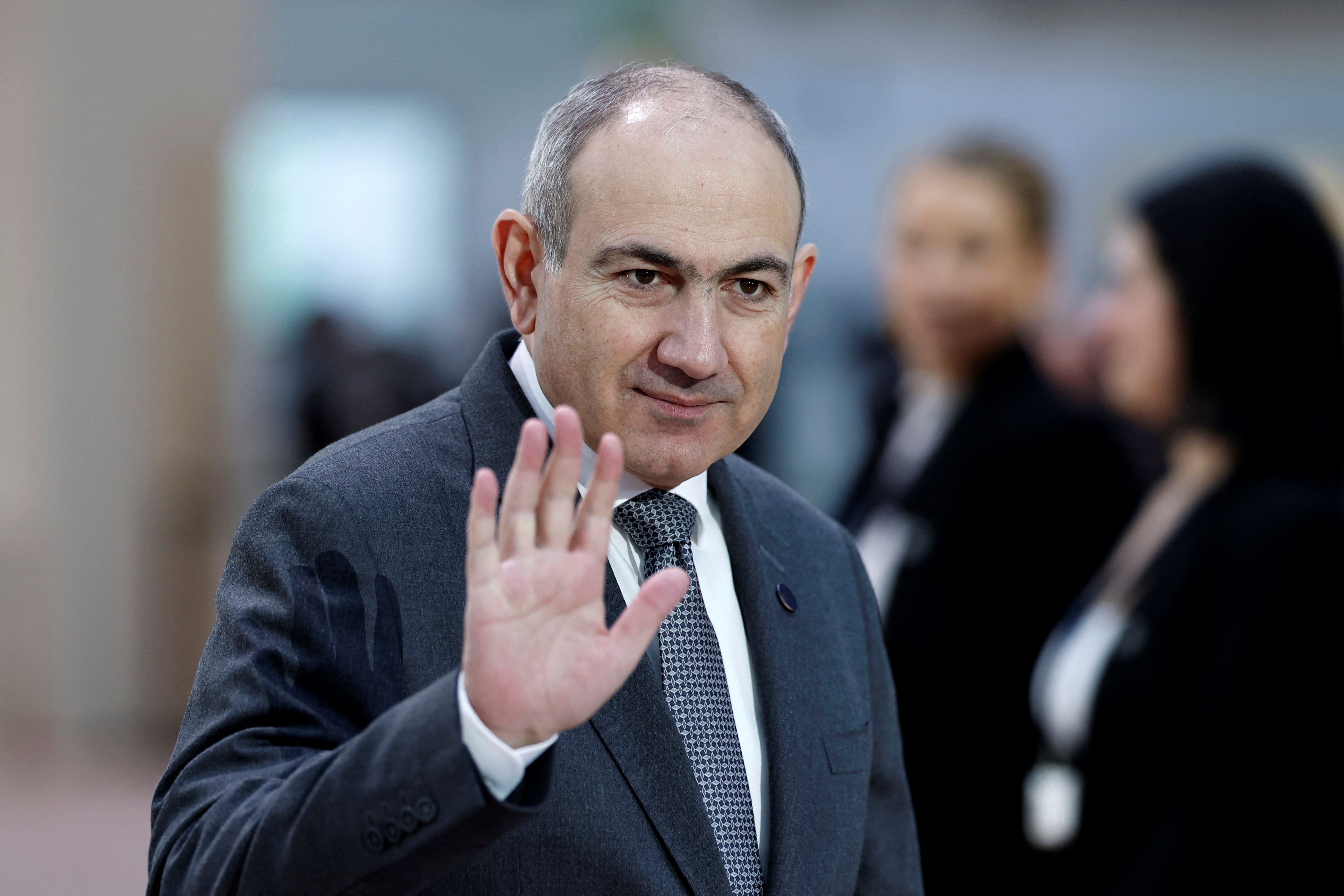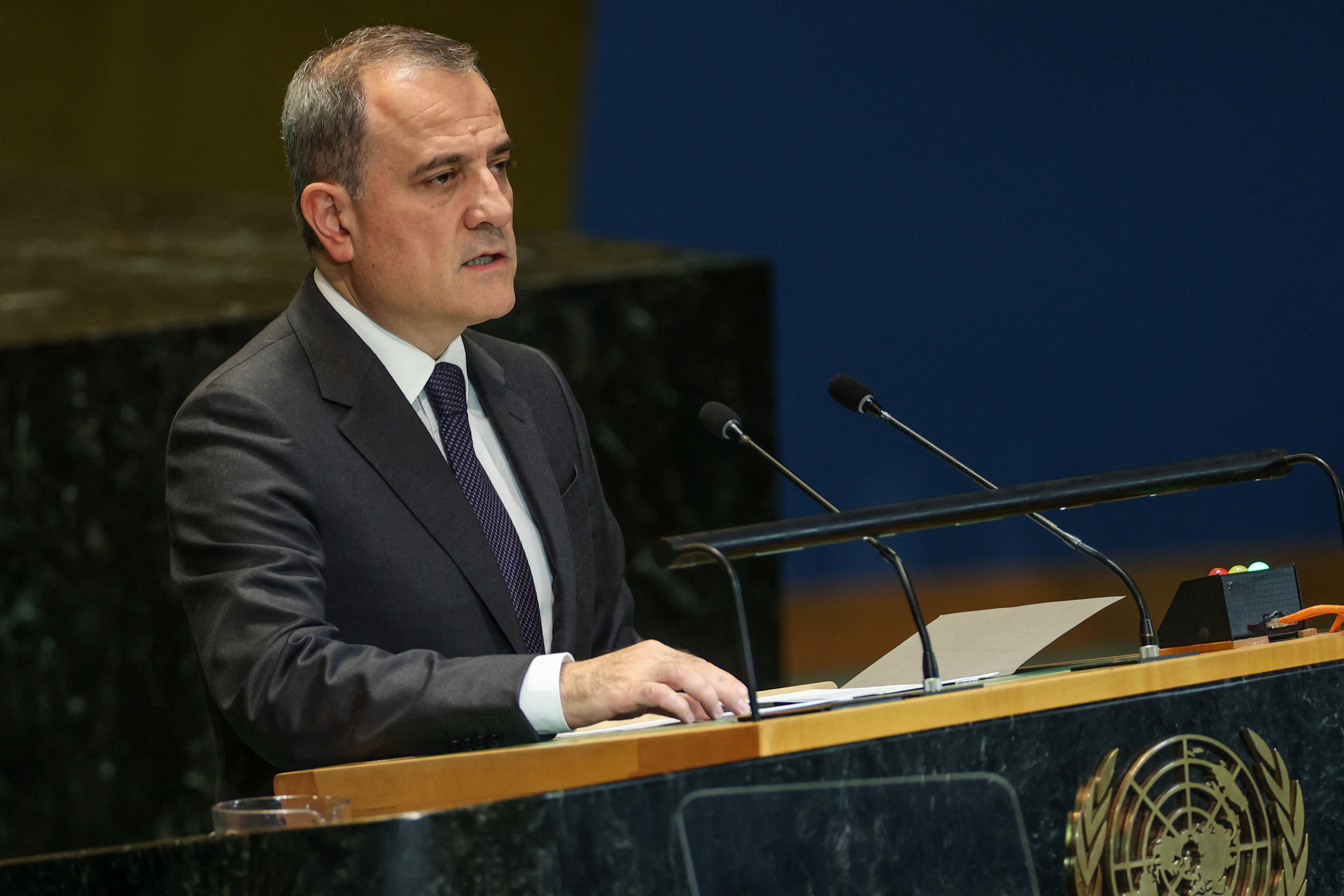Armenian Prime Minister Nikol Pashinyan on Tuesday proposed the signing of a peace deal with Azerbaijan and a document on dissolving the OSCE (Organization for Security and Cooperation in Europe) Minsk Group simultaneously.
“We understand the agenda put forward by Azerbaijan to disband the OSCE Minsk Group. Indeed, if we are closing the page on the Karabakh conflict, and we are closing it, then why do we need a format that deals with its settlement?” Pashinyan said at a meeting of the country’s National Assembly in the capital Yerevan.
Pashinyan went on to argue, however, that the OSCE Minsk Group de facto has a broader context, and that Yerevan wants to make sure Baku does not regard Armenia’s step as one toward “closing the conflict on its territory and transferring it to Armenia.”
“We propose concluding a peace agreement and simultaneously dissolving the OSCE Minsk Group. That is, signing both documents on the same day,” he said.
Azerbaijan has not immediately commented on Pashinyan’s proposal.

Karabakh war
Established in 1992, the OSCE Minsk Group, chaired by France, Russia, and the US, aimed to facilitate the resolution of the Karabakh conflict.
Relations between the two former Soviet republics have been tense since 1991, when the Armenian military occupied Karabakh — a territory internationally recognised as part of Azerbaijan — and seven adjacent regions.
Most of the territory was liberated by Azerbaijan during a 44-day war in the fall of 2020, which ended after a Russian-brokered peace agreement that opened the door to normalisation and demarcation talks.
In September 2023, Azerbaijan established full sovereignty in Karabakh after separatist forces in the region surrendered.
In March, Baku and Yerevan said they reached a consensus on a peace agreement, but since then, both countries have accused each other of cross-border attacks.
















